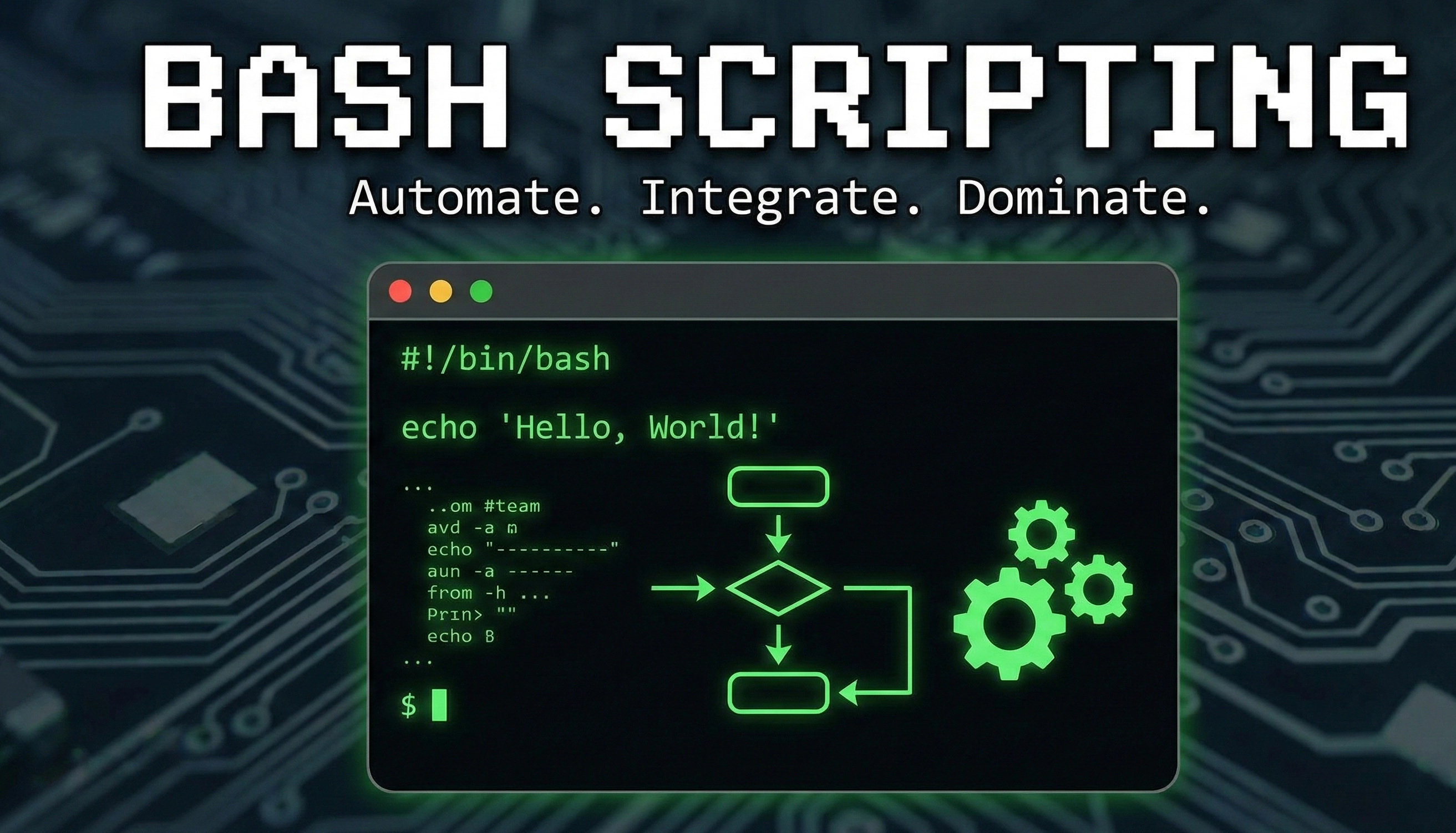Introduction Securing your server is a critical aspect of maintaining a robust and reliable online presence. Bitninja, a comprehensive security solution, provid...
Introduction
Securing your server is a critical aspect of maintaining a robust and reliable online presence. Bitninja, a comprehensive security solution, provides an effective way to protect your server from various threats. This guide will walk you through the steps to install Bitninja for Cloudpanel control, ensuring your server's security is top-notch.
Why Choose Bitninja?
Bitninja offers a multi-layered security approach, combining various techniques like IP reputation, WAF, honeypots, and more to shield your server from attacks. It is particularly beneficial for those using Cloudpanel, a modern server management panel, due to its seamless integration and comprehensive protection.
Prerequisites
Before you begin, ensure you have the following:
- A server running Cloudpanel.
- Root access to your server.
- Basic knowledge of terminal commands.
Step-by-Step Installation Guide
1. Update Your Server
Start by updating your server to ensure all packages are up to date. Open your terminal and run:
sudo apt update && sudo apt upgrade -y2. Install Required Dependencies
Bitninja requires certain dependencies to function correctly. Install them using the following command:
sudo apt install curl wget -y3. Download and Install Bitninja
Navigate to the Bitninja website to get the latest installation script. For convenience, you can use wget to download it directly or use curl command with your license key to install Bitninja
4. Integrate Bitninja with Cloudpanel
To ensure Bitninja works seamlessly with Cloudpanel, you need to configure it correctly:
- Add Your Server to Bitninja Dashboard: Log in to your Bitninja account and add your server to the dashboard using the server's IP address.
- Configure Firewall Rules: Bitninja will automatically configure the necessary firewall rules, but ensure they do not conflict with your existing rules.
5. Verify the Installation
Once the installation is complete, verify that Bitninja is running correctly:
sudo bitninjacli statusYou should see a status report indicating that all Bitninja services are active.
6. Monitor and Manage
Bitninja provides a user-friendly dashboard where you can monitor your server's security status, view logs, and manage various security settings.
Full Script for Reference
Here's a comprehensive script that automates the process of generating SSL certificates and configuring Nginx:
#!/bin/bash
# Define variables
CERT_DIR="/etc/nginx/ssl-certificates"
NGINX_SITES_ENABLED="/etc/nginx/sites-enabled"
DEFAULT_CONF="${NGINX_SITES_ENABLED}/default.conf"
SERVER_FQDN="YOUR SERVER NAME"
SERVER_IP="YOUR SERVER IP"
WEB_ROOT="/var/www/html"
INDEX_FILE="${WEB_ROOT}/index.html"
# Create SSL certificates directory if it doesn't exist
mkdir -p $CERT_DIR
cd $CERT_DIR
# Generate RSA private key
openssl genrsa -out default.key 2048
# Generate Certificate Signing Request (CSR)
openssl req -key default.key -new -out default.csr -subj "/C=AU/ST=Some-State/O=Internet Widgits Pty Ltd/CN=$SERVER_FQDN"
# Generate Self-Signed Certificate
openssl x509 -signkey default.key -in default.csr -req -days 365 -out default.crt
# Ensure the web root directory exists and has an index.html file
mkdir -p $WEB_ROOT
if [ ! -f $INDEX_FILE ]; then
echo "<html><body><h1>It works!</h1></body></html>" > $INDEX_FILE
fi
# Set the correct permissions
chown -R www-data:www-data $WEB_ROOT
chmod -R 755 $WEB_ROOT
# Modify the default Nginx configuration
cat <<EOL > $DEFAULT_CONF
server {
listen 80 default_server;
server_name $SERVER_IP;
location / {
root $WEB_ROOT;
index index.html;
}
}
server {
listen 443 ssl default_server;
server_name $SERVER_IP;
ssl_certificate_key $CERT_DIR/default.key;
ssl_certificate $CERT_DIR/default.crt;
location / {
root $WEB_ROOT;
index index.html;
}
}
EOL
# Reload Nginx to apply changes
systemctl reload nginx
# Test the HTTPS connection with -k option to bypass SSL certificate check
curl -vk https://$SERVER_IPConclusion
By following this guide, you have successfully installed Bitninja for Cloudpanel control, significantly enhancing your server's security. Remember, maintaining server security is an ongoing process. Regularly monitor your Bitninja dashboard and keep your server updated to ensure optimal protection.
References
You might also like
View all
Automate Virtual Machine Creation in Proxmox with Cloud-Init: Complete Guide
Unleashing the Power of Hetzner Cloud with Bash and API Magic

Automating Hetzner Snapshot Creation and Cleanup on Debian 12
Comments (0)
No comments yet. Be the first to comment!
